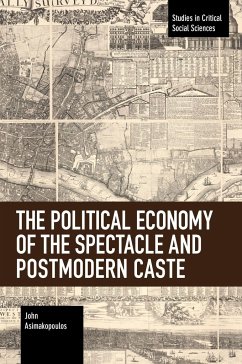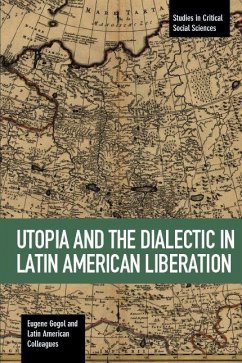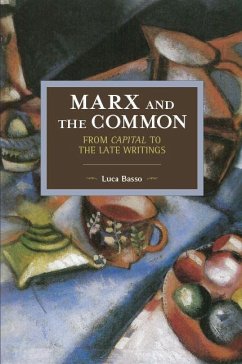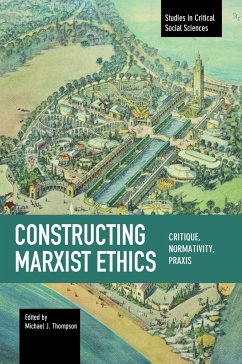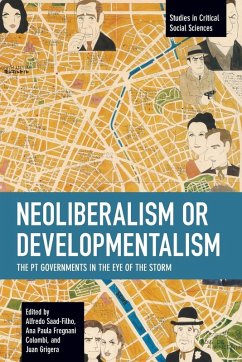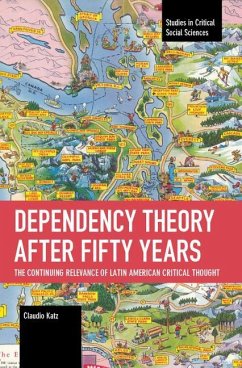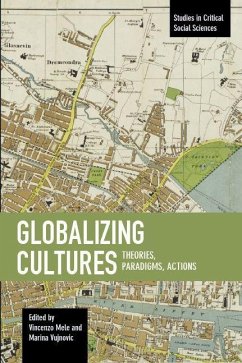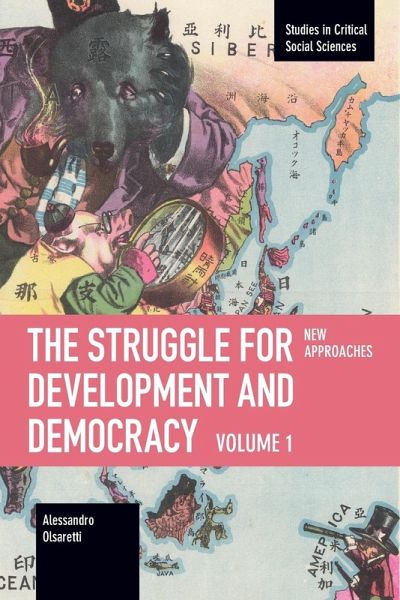
The Struggle for Development and Democracy
Volume 1 - New Approaches

PAYBACK Punkte
19 °P sammeln!
In this rousing study, Alessandro Olsaretti argues that we need a new approach to fundamental questions to turn back neoliberal economic policy. The Struggle for Development and Democracy makes the case that we need significantly new theories of development and democracy to answer the problem posed by neoliberalism and the populist backlash, namely, uneven development and divisive politics. This book proposes as a first step a truly multidisciplinary humanist social science, to overcome the flaws of neoliberal economic theories, and to recover a balanced approach to theories and policies alike...
In this rousing study, Alessandro Olsaretti argues that we need a new approach to fundamental questions to turn back neoliberal economic policy. The Struggle for Development and Democracy makes the case that we need significantly new theories of development and democracy to answer the problem posed by neoliberalism and the populist backlash, namely, uneven development and divisive politics. This book proposes as a first step a truly multidisciplinary humanist social science, to overcome the flaws of neoliberal economic theories, and to recover a balanced approach to theories and policies alike that is especially needed in the wake of the 9/11 attacks. These led to divisive culture wars, which were compounded by the divisive populist politics. This book begins to sketch such a humanist social science, and applies it to answer one question: who is responsible for neoliberalism and the populist backlash?







